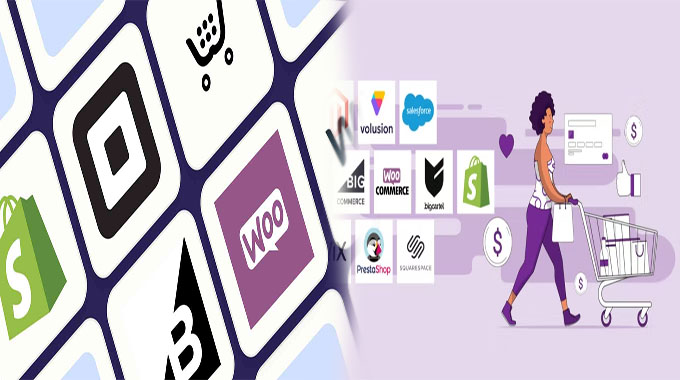Amazon, Shopify & Squarespace: A Comparison
If you’re looking to start a business and need a website, you’ve probably heard of three popular companies: Squarespace, Shopify, and Amazon. These platforms offer some great tools that can help you build a website without having to code yourself. All three platforms have their unique benefits, but they also have different approaches to design and functionality. In this article we’ll take a look at each platform’s strengths and weaknesses so you can choose the best one for your needs!
Squarespace
Squarespace is an e-commerce platform for small businesses. It’s a good option for websites that are not too big, and it has a good user interface that makes it easy to use. The Squarespace blog feature is also very useful in helping you write content for your website.
Shopify
Shopify is an e-commerce platform that allows you to create a professional online store. It’s easy to use, has a …














